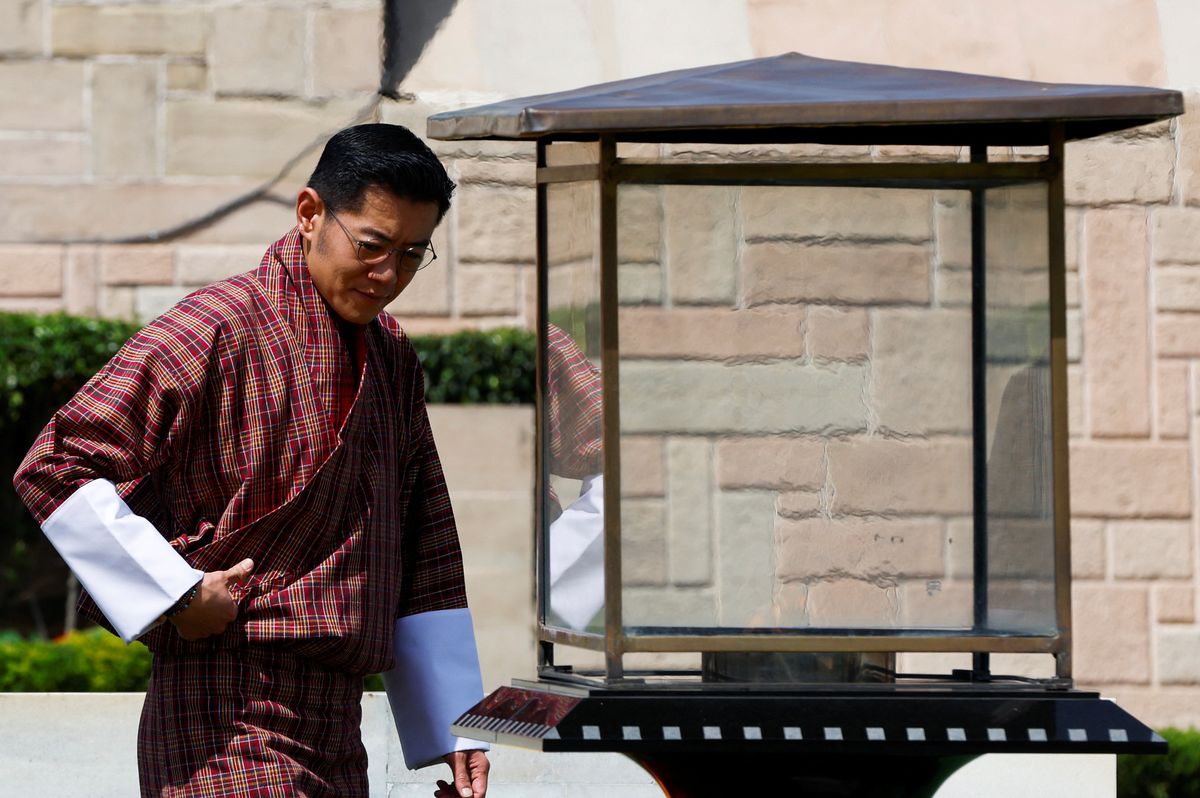The kingdom of Bhutan is mining bitcoin
Now, Bhutan is using its plentiful sources of hydroelectricity to power a crypto mine.

A few minutes every morning is all you need.
Stay up to date on the world's Headlines and Human Stories. It's fun, it's factual, it's fluff-free.
The small kingdom of Bhutan in southern Asia is known for producing hydroelectricity, which is how its population of 800,000 fuels its homes. In fact, hydro-electric power makes up 30% of Bhutan’s GDP, and the country has been taking advantage of the resource in an interesting way.
The currency used in Bhutan, ngultrum, was established in 1974. But using money wasn’t all that mainstream there – Bhutanese people have historically had a more barter-like economy. But in recent years, the government of Bhutan has shown an interest in crypto. A few years back, it connected with US-based fintech company Ripple to work on a crypto version of ngultrum. Included in this plan was an open-source ledger that’s supposed to be carbon-neutral and 120,000 times more efficient than proof-of-work blockchains.
In another move into the crypto industry, the government has also looked to mine its own bitcoin. Now, Bhutan is using its plentiful sources of hydroelectricity to power a crypto mine. This makes it one of the only countries with a state-run crypto mine aside from El Salvador.
It’s unclear when this mining started, exactly, but the Bhutanese government did tell a local newspaper that the project began “a few years ago as one of the early entrants when the price of Bitcoin was around USD 5,000.” This local exposé was later confirmed by Forbes. Bitcoin was at this value around April 2019. It’s now at about US$28,000.
A couple of weeks ago, it was reported that Bhutan had been accumulating millions in bitcoin, but now we know that the kingdom isn’t just collecting it. It’s creating it. And this has all been pretty under wraps, with citizens kept out of the loop. Druk Holding and Investments (DHI), the Bhutanese royal government’s commercial arm, only confirmed the mining project this weekend. The scale of the mining operations, its location, size, and profitability, are all private information. But DHI has basically confirmed that the mining project pays for itself and is using green energy.
“It’s concerning that Bhutan's resources have been invested in a secretive manner in a highly volatile and risky investment which has a big environmental burden,” a former international advisor told Forbes, asking to stay anonymous.
“At the same time, we are fostering relevant human capital for industries of the future, ensuring our citizens are equipped to participate in the modern global economy from within Bhutan,” DHI told The Bhutanese.




Comments ()